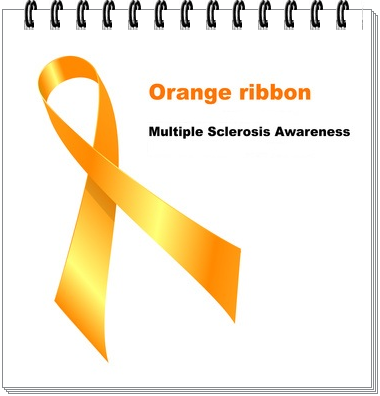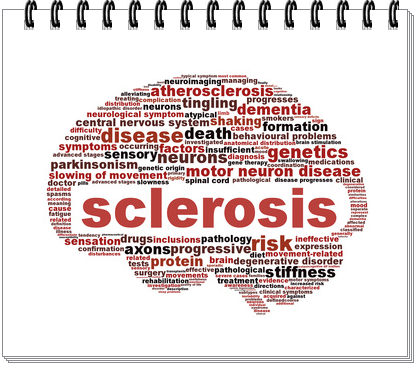The American Cancer Society is working on one of its biggest research projects ever – a ground-breaking study that will have an enormous impact on our ability to prevent cancer and create more birthdays – and we need your help.
We are inviting men and women between the ages of 30 and 65 years who have never had cancer to join the 3rd generation American Cancer Society's Cancer Prevention Study (or CPS-3). This study will help us better understand what causes cancer and how to prevent it, so we can saves lives and create a world with less cancer.
Want to participate in the ground-breaking CPS-3 study to help prevent cancer? Schedule an enrollment appointment in your area today!
For each generation, the American Cancer Society conducts what we call a Cancer Prevention Study (CPS). Researchers follow that generation, so researchers can use the information and apply what they learn to the next generation to save more lives. The ultimate goal of this historic research study is to enroll at least 300,000 adults from various racial/ethnic backgrounds from across the United States.
This is a once-in-a-lifetime opportunity to be a part of the research that may change the course of cancer forever. Enrollment will take place May 9 – 11, 2013 at Jupiter Medical Center. To see the schedule of dates, times and locations please click here.
Participation is easy! Just follow these simple steps:
- Click here to schedule your appointment
- Follow the link in your confirmation email to complete your first survey online, from wherever you are. This survey will take approximately 45-60 minutes to complete.
- Go to your appointment where you will complete a brief survey, sign an informed consent, provide a waist circumference measurement and a small blood sample (similar to a doctor's visit). Your in-person enrollment should last no longer than 30 minutes.
And that's all for now! After you've enrolled in the study, you will receive shorter surveys mailed to your home every few years to update your information. You will also receive annual study newsletters to update you on research results.
For more information about CPS-3, please visit cancer.org/cps3florida email cps3@cancer.org or call toll-free 1.888.604.5888.
Click Here to Schedule Your Appointment
Thank you,
| Alpa Patel, PhD Principal Investigator, CPS-3 |
Angela McAuley Interim VP, Mass Market Strategies |
Nancy Madsen Patient Services Manager |
P.S. Not eligible to enroll? Please forward this email to friends, coworkers, and family members in the Palm Beach area and encourage them to fight back against cancer by enrolling in CPS-3. Together, we have the power to save countless lives and create a world with less cancer and more birthdays!

 According to NIH (National Institute of Arthritis and
Musculoskeletal and Skin Diseases), fibromyalgia is an autoimmune disease that
affects 5 million adults in the United States alone. It is more common in women
than men and is generally diagnosed in individuals between the ages of 30 and
50. It is often characterized by chronic widespread muscular pain and
tenderness, symptoms of extreme fatigue and listlessness, poor sleep quality,
and memory problems.
According to NIH (National Institute of Arthritis and
Musculoskeletal and Skin Diseases), fibromyalgia is an autoimmune disease that
affects 5 million adults in the United States alone. It is more common in women
than men and is generally diagnosed in individuals between the ages of 30 and
50. It is often characterized by chronic widespread muscular pain and
tenderness, symptoms of extreme fatigue and listlessness, poor sleep quality,
and memory problems. For a patient with fibromyalgia, every day is different.
Symptoms can often come and go. Some days may be extremely challenging, while
others are more manageable. A well designed exercise program plays an important
role in the management of fibromyalgia but the fear of pain prevents individuals
from exercising. This is where a licensed physical therapist can help.
For a patient with fibromyalgia, every day is different.
Symptoms can often come and go. Some days may be extremely challenging, while
others are more manageable. A well designed exercise program plays an important
role in the management of fibromyalgia but the fear of pain prevents individuals
from exercising. This is where a licensed physical therapist can help. Whether you experience pain as a result of fibromyalgia or
any other condition, your physical therapist can teach you to interpret the
severity of pain signals and possibly reduce pain with structured exercise. You
will discover how to maintain a healthy lifestyle, manage stress, reduce pain
and improve your sleeping habits.
Whether you experience pain as a result of fibromyalgia or
any other condition, your physical therapist can teach you to interpret the
severity of pain signals and possibly reduce pain with structured exercise. You
will discover how to maintain a healthy lifestyle, manage stress, reduce pain
and improve your sleeping habits.

 March is National MS Education and Awareness Month. Multiple Sclerosis (MS) is a clinical condition characterized by a loss of the myelin tissue that surrounds the nerves and aids in normal conduction of electrical impulses.
March is National MS Education and Awareness Month. Multiple Sclerosis (MS) is a clinical condition characterized by a loss of the myelin tissue that surrounds the nerves and aids in normal conduction of electrical impulses. Physical therapy is an important part of the treatment process during the different stages of MS. During the initial evaluation, the therapist will determine if there are any limitations with skin sensation, muscle strength and overall function.
Physical therapy is an important part of the treatment process during the different stages of MS. During the initial evaluation, the therapist will determine if there are any limitations with skin sensation, muscle strength and overall function. Correction of posture and improved trunk control – Patients with MS are at risk of falling, so physical therapy is aimed at controlling posture and balance to minimize the risk of falls.
Correction of posture and improved trunk control – Patients with MS are at risk of falling, so physical therapy is aimed at controlling posture and balance to minimize the risk of falls.

